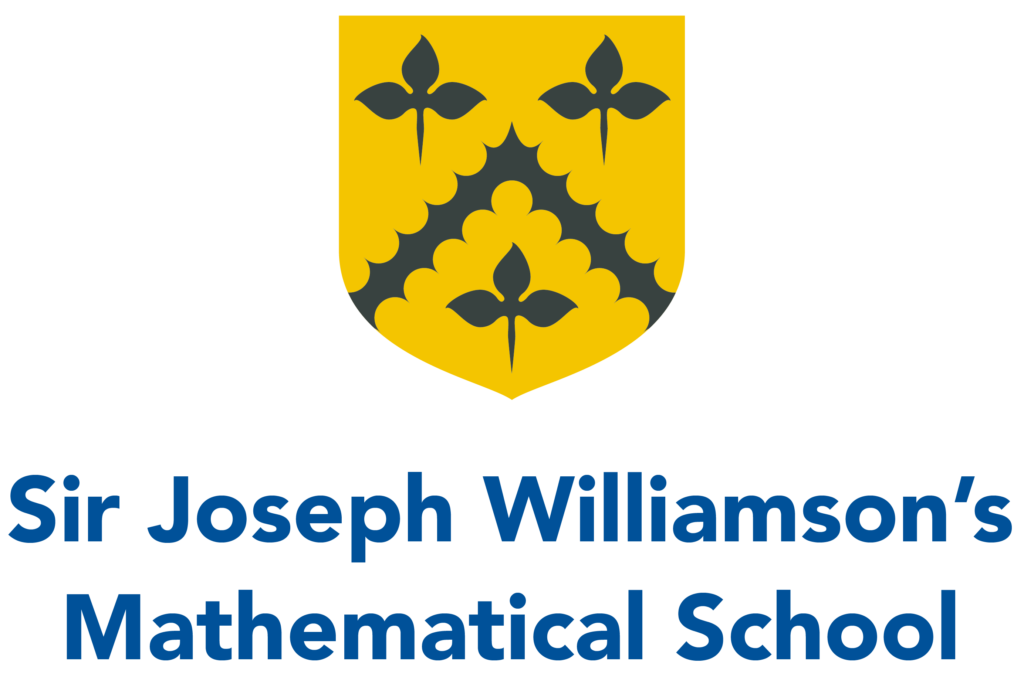Chemistry is not a taught subject at KS2, and as such we regard KS3 very much as the foundation of knowledge and skills which will be required to access the GCSE curriculum, and for many students to continue their studies to Advanced level. Unfortunately, the range of provision at KS2 is very wide and not always well-matched to our intentions, requiring careful consideration of a curriculum which makes no initial assumptions about the knowledge of students, but equally is challenging and engaging, and is linked to our ambition that students will contribute to society more meaningfully and effectively because of the skills and knowledge gained in Chemistry.
Students must learn how to undertake practical work safely, how to communicate about and understand the apparatus and techniques needed to grasp what is essentially a practical, everyday area of Science. Furthermore, they must be given early opportunities to grasp and wrestle with the challenging, less concrete concepts such as atomic structure, bonding and chemical equations such that they will not be surprised when the ideas are extended at GCSE. This approach, too, addresses our complete understanding of cognitive science; the requirement that frequent re-exposure and extrapolation of concepts builds long-term understanding.
Furthermore, our intent is highly considerate of the range of skills and knowledge of departmental colleagues, since for a number of staff, Chemistry will lie outside of their immediate specialism, so the development of understanding must be deliberately staged and highly organised to be safe and appropriately challenging. Therefore, the KS3 curriculum should be well-resourced and clear for teachers, with high priority given to safe practical work and sequential, targeted development of knowledge and understanding.
Progression to Key Stage 4 is largely considered on the basis of ability and aptitude, where our intent is to consider whether students will better manage the slightly reduced pace of delivery required for Combined Science and benefit from the significantly smaller teaching groups. Nevertheless, the process involves testing, discussions with parents and students, the professional judgement of class teachers and balancing of the decision against other GCSE choices. Each individual student thus makes his decision about whether to opt for Combined or Triple science having had the benefit of 1:1 discussion, careers advice and data. In general, 2/3 of each cohort are directed towards separate GCSE sciences and this matches very well with our ambition that students will go on to be the outstanding practitioners of STEM careers.
While the exam specification is central to delivery at KS4, driving most lessons, our intent is to have a keen eye on progression beyond GCSE into Advanced courses. KS4 teachers are all subject specialists and as such prescriptive SoW’s are not necessary or helpful to embed the required levels of flexibility, challenge and impact we wish to engender. Learning objectives are provided by the exam board, enabling us to model grade 7-9 outcomes in all aspects of the assessment tasks and homework tasks designed to help teachers implement the curriculum. Of course, the required Core Practical tasks are carefully managed and embedded in the curriculum from the very beginning of year 10, but we intend to offer a far greater range and scope of practical activities than other providers. With purpose-built laboratories and superb technical staff, our intention is to build upon the skills embedded at KS3 and offer a very broad practical experience, again with the goal of further study and future careers in Sciences and Technology being our ambition for the students.
While progression from KS3 to KS4 can be carefully and deliberately managed, at KS5 our intake includes students from most Medway schools. This, together with the vast size of the exam specification suggests involving students in their own learning from the beginning of the course. To be specific, this means students must learn to deal with the minutiae of learning facts and developing applied knowledge in Chemistry while we use lesson time as constructively as possible to introduce and assess the challenging concepts and undertake practical work leading to the development of CPAC skills required for accreditation. This is deliberately managed for students by introducing them to the concepts of cognitive science and the importance of staged revision, with teacher oversight of revision folders they must create and use from day 1. The curriculum time made available is split 4:1 to emphasise the importance of recall and extrapolation alongside new knowledge.




